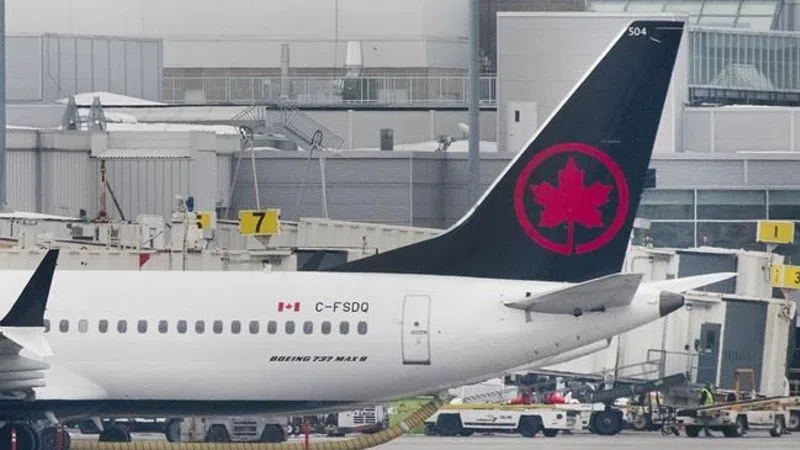
Transport Canada official says software blamed for Boeing Max 8 crashes must go
OTTAWA — A Transport Canada official is urging global aviation regulators not to let Boeing’s 737 Max 8 aircraft fly again until the company removes anti-stall software that has been tied to two crashes that killed 346 people.
The federal department has confirmed the authenticity of an email sent last week to aviation regulators in the United States, Brazil and the European Union by Jim Marko, manager of aircraft integration and safety assessment at Transport Canada.
In that email, first reported by the New York Times, Marko expressed uneasiness with Boeing’s attempts, so far unsuccessful, to find a fix for the software known as MCAS.
“Judging from the number and degree of open issues that we have, I am feeling that final decisions on acceptance will not be technically based,” he wrote.
